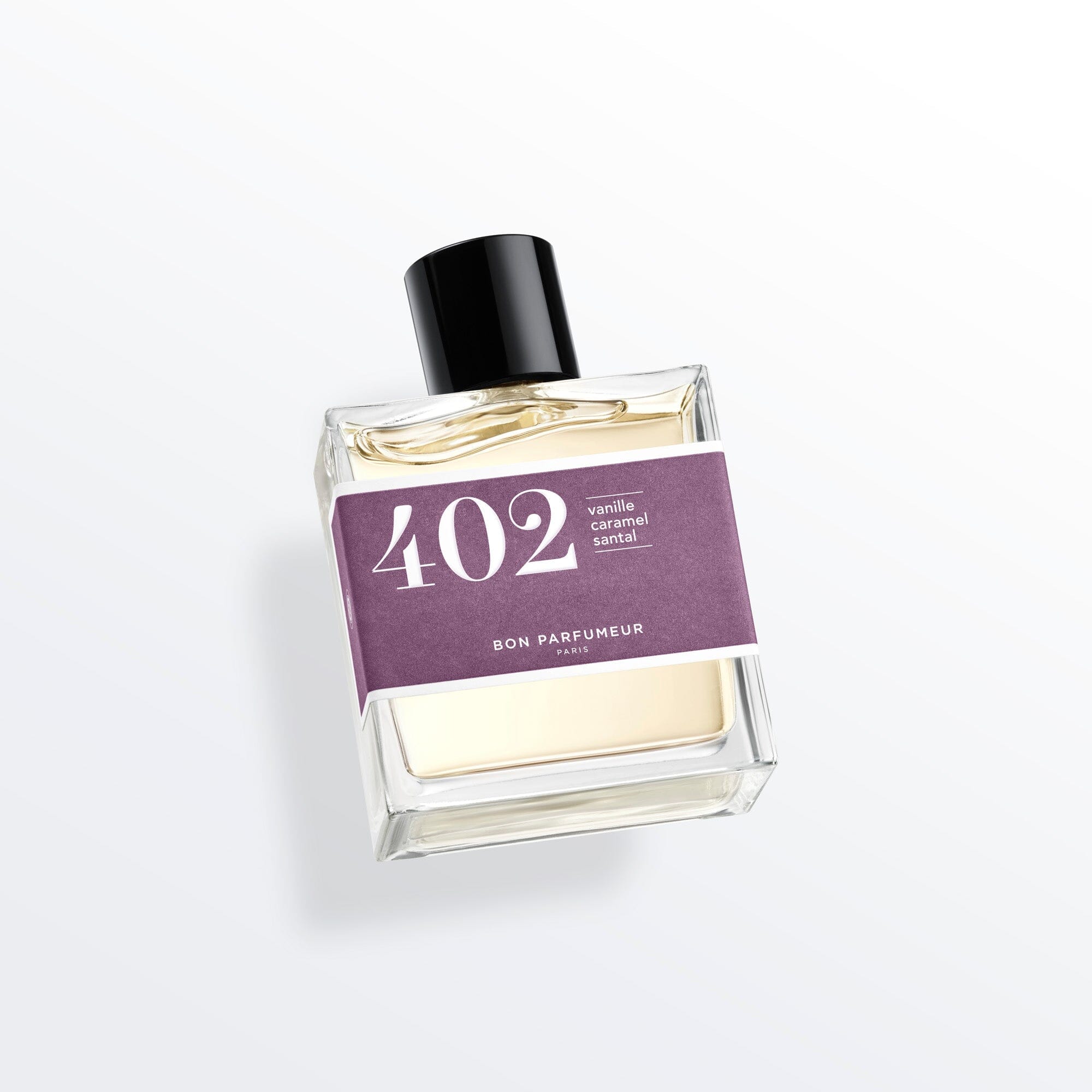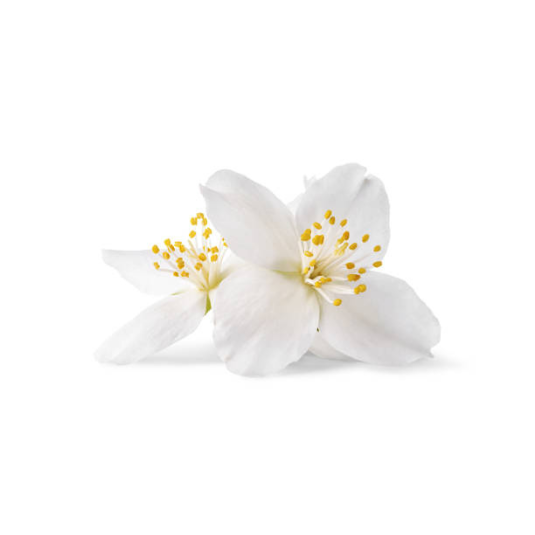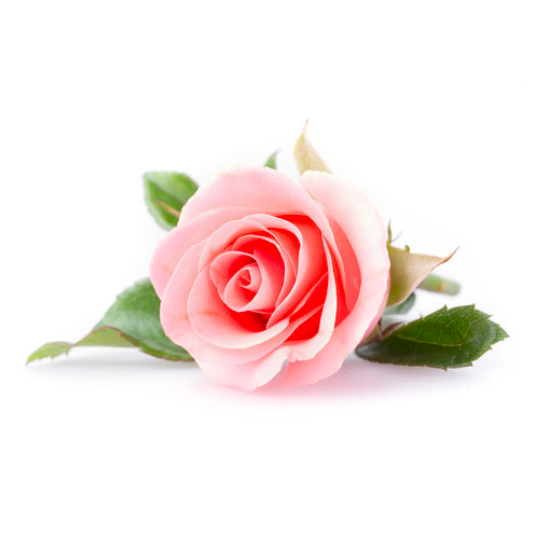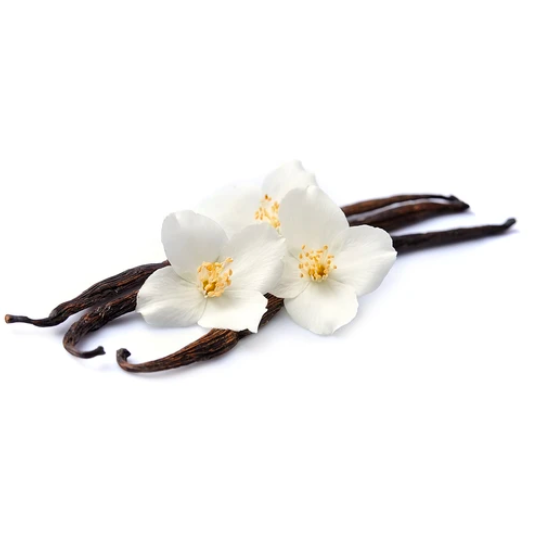SUMMARY
01. Appellation and etymology of Ylang-Ylang
03. Cultivation of Ylang-Ylang
04. Aromatic profile of Ylang-Ylang
06. Olfactory accords with Ylang-Ylang
Appellation and etymology of Ylang-Ylang
Ylang-Ylang or cananga tree is a name derived from Tagalog, a language spoken in the Philippines, which means "flower of flowers." This appellation is well justified as Ylang-Ylang is an exceptionally beautiful flower that emits a captivating fragrance. For a long time, Ylang-Ylang has been used in perfumery for its unique scent. Its yellow flowers are distilled to extract an essential oil that is used in the composition of many luxury perfumes. Additionally, this flower has therapeutic properties and is utilized in aromatherapy to soothe nervous tension and promote relaxation.
History of Ylang-Ylang
The history of Ylang-Ylang dates back centuries. This flower was highly valued by rulers in Southeast Asia, who used it to perfume their palaces and gardens. It was also incorporated into religious ceremonies and wedding rituals. Today, Ylang-Ylang is cultivated in many tropical countries, where it serves as a significant export. Its beauty and fragrance continue to inspire perfumers worldwide and delight fragrance enthusiasts.
Origin of Ylang-Ylang
Ylang-ylang, known scientifically as Cananga odorata, is a tropical tree native to the islands of Comoros, Madagascar, the Philippines and other parts of the Indian Ocean. Its fragrant flowers, harvested early in the morning, are distilled to produce a precious essential oil, ylang-ylang oil, which has been used for centuries in perfumery. Ylang-ylang is prized for its sweet, floral and exotic fragrance, associated with love and beauty. In addition to its use in perfumery, it is also used in traditional medicine and aromatherapy for its soothing and relaxing properties. Cultivated in different parts of the world, ylang-ylang continues to fascinate with its intoxicating, enchanting fragrance.
Cultivation of Ylang-Ylang
The cultivation of Ylang-Ylang follows specific methods. This flower thrives only in tropical regions with warm and humid climates. It requires nutrient-rich soil and should be grown in shade to prevent the flowers from scorching in the sun. While Ylang-Ylang blooms throughout the year, the harvest is selectively conducted to obtain the highest quality of essential oil. Ylang-Ylang producers must ensure ideal growth conditions for this delicate flower to guarantee the quality of their production. The cultivation of Ylang-Ylang is thus a centuries-old tradition that demands expertise and meticulous attention to detail.
Regions of Ylang-Ylang production
Ylang-Ylang is primarily cultivated in tropical countries in Southeast Asia, such as the Philippines, Indonesia, Malaysia, and Cambodia. In Africa, Madagascar is one of the largest producers of Ylang-Ylang in the world. These regions have warm and humid climates, which are essential for the growth of this delicate flower. Ylang-Ylang producers in these regions work diligently to ensure the growth and harvest of the purest and most fragrant flowers, enabling perfumers to create perfumes from this exotic flower.
Planting of Ylang-Ylang
The planting of Ylang-Ylang is a complex process that begins with the selection of the healthiest and strongest seedlings. Producers must also ensure nutrient-rich soil and provide adequate irrigation for optimal plant growth. Harvesting Ylang-Ylang is also a meticulous task that involves hand-picking the flowers to avoid damaging the plants. Despite the inherent challenges in cultivating Ylang-Ylang, this flower continues to seduce noses worldwide with its unique olfactory qualities and rich and fascinating history.
Development of Ylang-Ylang
Ylang-Ylang perfume is a classic in the world of perfumery, known for its floral and sunny scent. It is often used in perfumes to add an exotic and sensual touch. Ylang-Ylang producers work diligently to ensure the optimal quality of their production, allowing perfumers to create exceptional fragrances.
The harvest of Ylang-Ylang
The harvest of ylang-ylang is done in two stages. First, the flowers are hand-picked and sorted to remove leaves and stems. Then, the flowers are sun-dried for a few hours before being distilled to extract the essential oil. It is this oil that is used in the production of perfumes, cosmetics, and other beauty products.
Processing and transformation of Ylang-Ylang
The processing and transformation of ylang-ylang involve steam distillation to extract the essential oil from the flower. This oil is then blended with other ingredients to create unique fragrances that can be worn as olfactory signatures. Ylang ylang smell is often associated with warm and sweet notes, making it popular among men and women of all ages. There are different types of essential oil for Ylang-Ylang that come from different fractions, such as Ylang ylang extra EO, Ylang ylang I EO, Ylang ylang III EO, and complete Ylang ylang EO.
Aromatic profile of Ylang-Ylang
Ylang-ylang is a precious yellow flower used to create sunny floral perfumes. It has a captivating aromatic profile. The enchanting ylang-ylang smell is sweet, floral, and slightly spicy. The main notes of ylang-ylang are rich and sweet, with hints of jasmine and monoi, giving it a natural sensuality. This iconic flower from the Indian Ocean islands also has fruity touches, bringing a subtle freshness to its scent. Its intoxicating aroma makes it an ingredient often used as a heart note in many compositions.
Steps in perfume manufacturing with ylang-ylang
Once the ylang-ylang essential oil has been extracted, it can be used in the production of perfumes, cosmetics, and other beauty products. Perfumers blend the oil with other ingredients to create unique eau de parfums. The manufacturing steps vary depending on the perfume but may include maceration, distillation, and filtering.
Benefits and virtues of ylang-ylang
Ylang-ylang has numerous benefits and virtues. This plant is known for its calming and soothing properties, making it a popular ingredient in skincare and relaxation products. Ylang-ylang can also help reduce stress and anxiety and enhance mood.
Uses of Ylang-Ylang
Different uses of ylang-ylang
Ylang-ylang has been used for centuries for its aromatic and therapeutic properties. It can also be used in skincare and relaxation products, such as white musk or eau de toilette. If you're looking to add a touch of exoticism to your beauty routine or daily life, try ylang-ylang in the form of perfume, essential oil, or skincare product.
Uses of ylang-ylang in perfumery
Ylang-ylang is a flower with many uses, including in the creation of perfumes. The steps in manufacturing the essential oil extracted from this flower include maceration, distillation, and filtering. Ylang-ylang-based perfumes are highly appreciated for their warm and sweet notes that evoke exoticism and romance. By using products based on ylang-ylang, you can benefit from its calming and soothing properties as well as its intoxicating fragrance.
Olfactory accords with Ylang-Ylang
Its rich and sensual floral notes blends particularly well with soft and powdery notes such as vanilla, musk, and amber. These accords bring additional warmth and depth to the fragrance. Additionally, ylang ylang also pairs well with fresh and citrusy notes like bergamot and lemon, adding a touch of brightness and freshness to the ylang-ylang smell. When combined with the notes of wood like cedar or sandalwood, ylang-ylang smell like earthy and woody dimension.
Well-known Ylang-Ylang perfumes
Some examples of famous ylang-ylang fragrances for men and women are:
• Chanel No. 5 by Chanel: In this iconic fragrance, ylang-ylang plays an essential role, providing a rich, sensual floral note. It complements other ingredients, such as rose and jasmine, to create a timelessly elegant fragrance.
• Black Orchid by Tom Ford : Ylang-ylang is used in this fragrance to add an exotic, bewitching dimension. It blends with notes of fruit, black flowers and spices, creating a bold, mysterious fragrance.
• Mon Guerlain by Maison Guerlain: Ylang-ylang is a key element in this composition, bringing floral sweetness and a touch of sensuality. It blends harmoniously with lavender and vanilla, creating a fragrance that is both feminine and sophisticated.
• Opium by Yves Saint Laurent: In this iconic fragrance, ylang-ylang helps create an intoxicating, oriental aura. It blends with spices, exotic flowers and amber to create a sensual, bewitching fragrance.
• Frangipani Flower by Jo Malone London: Ylang-ylang is one of the key ingredients in this floral, tropical fragrance. It adds a sweet, sunny note, blending harmoniously with frangipani and other exotic flowers to give a luminous, joyful fragrance.
Moreover, there are other famous ylang-ylang fragrances available in the market such as Tom Ford Soleil blanc, Diptyque Eau Moheli, Le Labo Ylang 49, Profumo di Fiori by Gucci , Maison Francis Kurkdjian APOM pour femme and Dior j'adore Eau de Parfum pour femme.
Ylang-Ylang perfumes by Bon Parfumeur
Ylang-ylang is an ingredient often found as a heart note in Bon Parfumeur perfumes. Here are our top 3 favorite unisex fragrances containing ylang-ylang:
- Perfume 301: Like a battle between hot and cold spices, between cumin and cardamom. Ylang-Ylang in the top note adds a floral, solar and spicy touch.
- Perfume 303: Like a spellbinding ballet of spices, 303 opens with a dance of pepper and pimento. Initially spicy, the fragrance warms up with cardamom, then ylang-ylang unfolds in the heart note.
- Perfume 803: Patchouli caught in the ice: a real tension between hot and cold. A frosty opening with marine accents, warmed by a spicy trio of ginger, pink berries and juniper. The heart note of Ylang-Ylang adds a touch of sensuality.





















